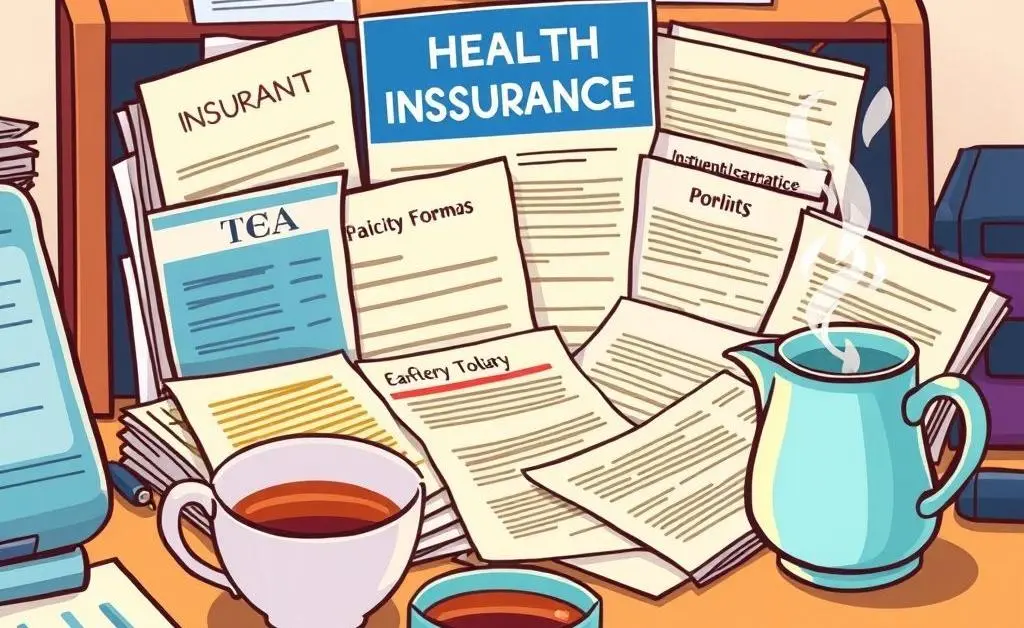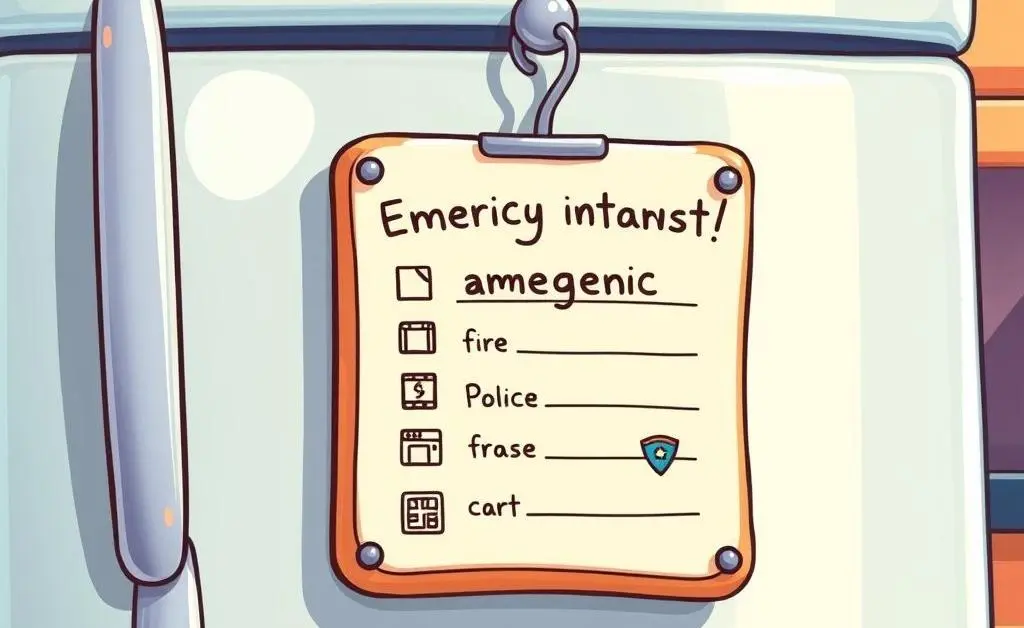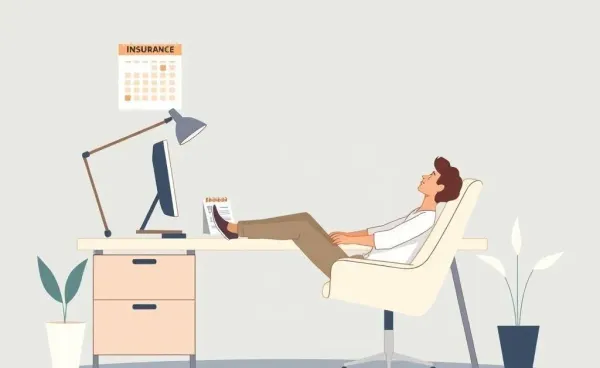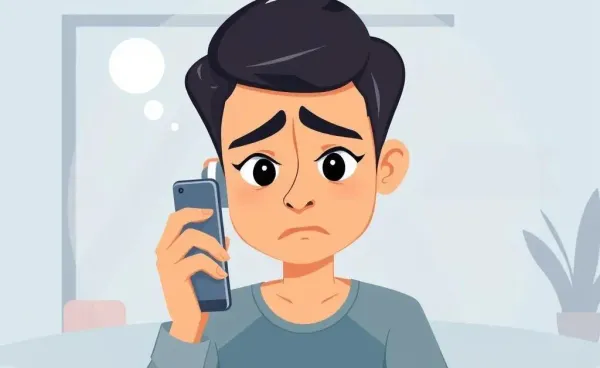Understanding the Unexpected: Preparing for Health Emergencies in Your 30s
Explore practical steps to prepare for unexpected health emergencies in your 30s.

Ever thought about what would happen if you faced a health crisis in your 30s? It's not exactly dinner table conversation, but it's a question that can have significant implications. Understanding how to be prepared can turn a potential financial nightmare into a manageable challenge.
Why Consider Health Emergencies in Your 30s?
You might be thinking, 'I’m young and healthy, why worry?' Well, unexpected health emergencies don't play by any age rules. Just like an unfortunate roll of the dice, someone in their prime can face crises like heart attacks or emergency surgeries.
Consider Jane, a 35-year-old marketing manager. Fit, active, and feeling invincible—until she had an unexpected heart attack. Her experience opened her eyes to the necessity of having a plan in place, even if she believed she was in her prime health.
Steps to Prepare for Health Crises
Here's what you can do to shield yourself:
- Review and understand your health insurance policy—know what's covered and what's not.
- Create an emergency fund. Aim for at least three to six months of living expenses.
- Keep important documents organized and accessible, such as insurance policies and emergency contacts.
- Consider life insurance, especially if you have dependents.
- Communicate your plans. Make sure loved ones know about your wishes and have access to necessary information.

How to Choose the Right Insurance Plan
Insurance can be as confusing as a friend's relationship status. Here's how to choose a plan that works for you:
Assess your needs. Look at your current health situation, family medical history, and budget. Make sure your chosen plan covers crucial areas, such as hospitalization, chronic diseases, and emergency care. Don’t forget to check the network of doctors and hospitals associated with the plan.

Preparing an Emergency Plan
No one has ever regretted having an emergency strategy. Here's a simple way to get started:
Create a list of emergency contacts including doctors, family, and friends. Keep it handy on your phone or fridge. Discuss medical decisions with a trusted family member or friend who can act on your behalf.

Concluding Thoughts
No one likes to think about health emergencies, but being prepared can give you peace of mind. To wrap up, what steps can you take today to ensure that an unexpected health crisis doesn't catch you off-guard? Remember, being proactive is your best defense against the unpredictable.




